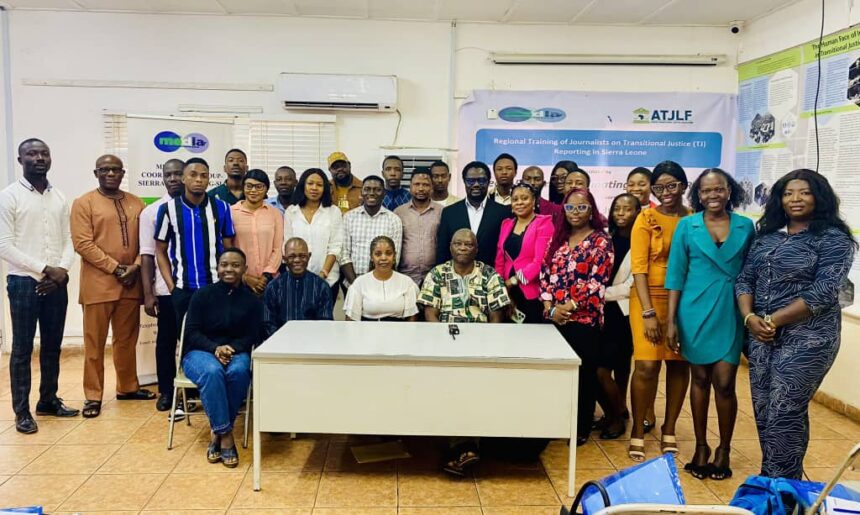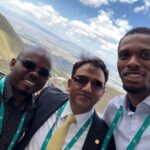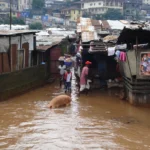By Mohamed Sinneh Kamara
National Coordinator of the Media Reform Coordinating Group Sierra Leone (MRCG-SL) Dr. Francis Sowa Esq has said one hundred and thirty-two (132) journalists across the country should be trained on Transitional Justice reporting.
Dr. Sowa made this statement at the Peace Museum training for journalists early last week in Freetown.
He said the training will last for two years, starting with journalists in the Western Area before proceeding with those in the provinces.
He went on to highlight the mechanisms involved in Transitional Justice and their purposes.
“After the post-conflict period, Sierra Leone as a country has not been talking about or engaging issues around Transitional Justice, and we believe that Transitional Justice issues continue to live with us on a daily basis. The Tripartite
Committee Report is an instance. When you look at that report and examine the recommendations of the TRC, you will see that they share some similarities. So it tells us that as a nation, if we don’t address Transitional Justice issues, they will haunt us,” he said.
After the training of the proposed 132 journalists, Dr. Sowa said they will form a team of 20 to produce content on Transitional Justice. “These journalists will work with the MRCG for a year,” he added.
Vice President of SierraLeone Reporters Union Madam Zainab Sunkary Koroma said journalists should pay attention to issues going around and work hard as this will serve as an opportunity for them to report on Transitional Justice. She averred that the eventual selectees will create a mark in their careers.
Mr Joshua Nicole, Head of Department of Journalism at Fourah Bay College (FBC), shed light on Transitional Justice. He spoke about the 11-year civil war and the damage it caused to institutions, individuals, and communities across the country. He then revealed how the phrase “all those who who bear the greatest responsibilities” came into existence through the initiative of the Special Court.
Focal Person of The Residual Special Court for SierraLeone Patrick Fatorma gave a brief background about the partnership of MRCG and RSCSL and how they have assisted in enhancing memorialization of the Sierra Leonean victims of the war.
“The Special Court for Sierra Leone (SCSL) was set up through an agreement of the Government of SierraLeone (GoSL) and the United Nations in 2002”. “As a Transitional Justice institution, it identified people bearing the greatest responsibilities of crime committed during the war. The court is set up to bring justice, and eyewitnesses were protected before and during trials,” he said.
His stating the legacies left to fight impunity and his encouraging of journalists to ask questions and criticise where necessary to foster positive change formed part of his closing remarks.
He then launched the translated French version of the Transitional Justice manual book, which was once written in English.




